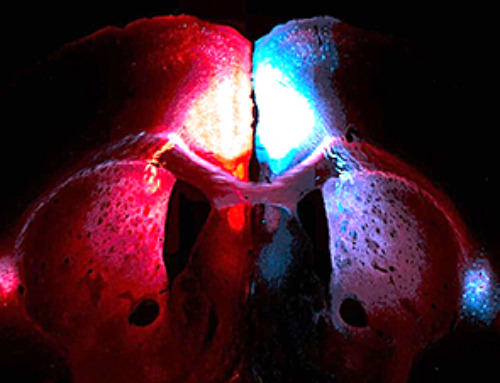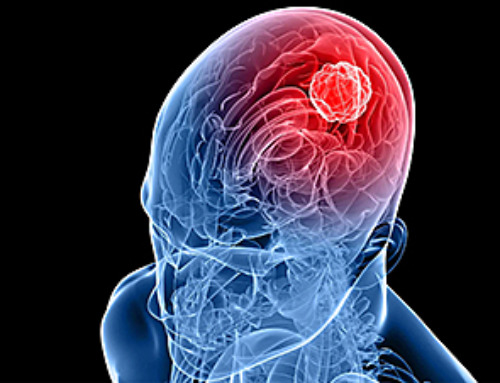From endocrineweb.com:
Diabetes can damage nerves throughout your body. In fact diabetic neuropathy (neuro- means nerves; -pathy means disease or suffering) is the most common, chronic complication of diabetes according to the American Diabetes Association.1 It affects 60-70% of people with type 1 and type 2 diabetes, according to the National Institute of Diabetes and Digestive and Kidney Disease.
Diabetic neuropathy can be extremely painful. It can also pave the way for health-threatening and even life-threatening problems including foot ulcers, amputations, heart attacks, digestion problems and difficulty recognizing low blood sugar episodes. While it cannot be cured, smart lifestyle steps may prevent diabetic neuropathy for some people and slow its progression for others. Medications and other approaches can treat symptoms, such as pain. And awareness—through steps like good foot care, regular foot exams and telling your doctor about other symptoms—can help prevent this blood-sugar-related nerve damage from spiraling into even more serious health issues.
The best-known type of diabetic neuropathy is called diabetic peripheral neuropathy. It can cause burning, stabbing or electric-shock-type pain or tingling in your feet, legs, hands or arms. The pain may be worse at night; treatment options range from over-the-counter patches to prescription drugs.
But there’s growing evidence that diabetes causes deeper nerve damage that affects more people with high blood sugar than experts once understood…

Image Credit: Alias Studio Sydney
News This Week
Rejuvenating neurons restores learning and memory in mice
EPFL scientists report that briefly switching on three “reprogramming” genes in a small set of memory-trace neurons restored memory in aged mice and in mouse models of Alzheimer’s disease to level of healthy young [...]
New book from Nanoappsmedical Inc. – Global Health Care Equivalency
A new book by Frank Boehm, NanoappsMedical Inc. Founder. This groundbreaking volume explores the vision of a Global Health Care Equivalency (GHCE) system powered by artificial intelligence and quantum computing technologies, operating on secure [...]
New Molecule Blocks Deadliest Brain Cancer at Its Genetic Root
Researchers have identified a molecule that disrupts a critical gene in glioblastoma. Scientists at the UVA Comprehensive Cancer Center say they have found a small molecule that can shut down a gene tied to glioblastoma, a [...]
Scientists Finally Solve a 30-Year-Old Cancer Mystery Hidden in Rye Pollen
Nearly 30 years after rye pollen molecules were shown to slow tumor growth in animals, scientists have finally determined their exact three-dimensional structures. Nearly 30 years ago, researchers noticed something surprising in rye pollen: [...]
NanoMedical Brain/Cloud Interface – Explorations and Implications. A new book from Frank Boehm
New book from Frank Boehm, NanoappsMedical Inc Founder: This book explores the future hypothetical possibility that the cerebral cortex of the human brain might be seamlessly, safely, and securely connected with the Cloud via [...]
How lipid nanoparticles carrying vaccines release their cargo
A study from FAU has shown that lipid nanoparticles restructure their membrane significantly after being absorbed into a cell and ending up in an acidic environment. Vaccines and other medicines are often packed in [...]
New book from NanoappsMedical Inc – Molecular Manufacturing: The Future of Nanomedicine
This book explores the revolutionary potential of atomically precise manufacturing technologies to transform global healthcare, as well as practically every other sector across society. This forward-thinking volume examines how envisaged Factory@Home systems might enable the cost-effective [...]
A Virus Designed in the Lab Could Help Defeat Antibiotic Resistance
Scientists can now design bacteria-killing viruses from DNA, opening a faster path to fighting superbugs. Bacteriophages have been used as treatments for bacterial infections for more than a century. Interest in these viruses is rising [...]















Leave A Comment